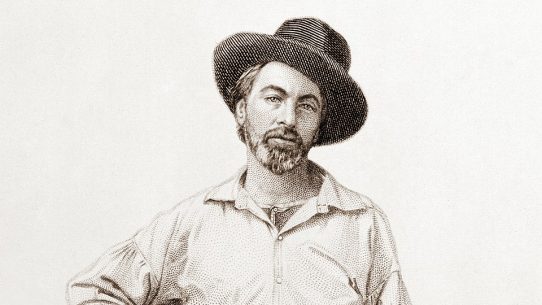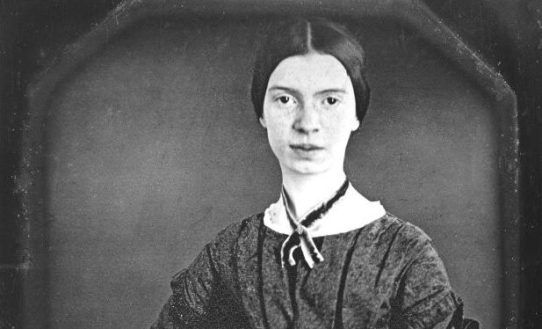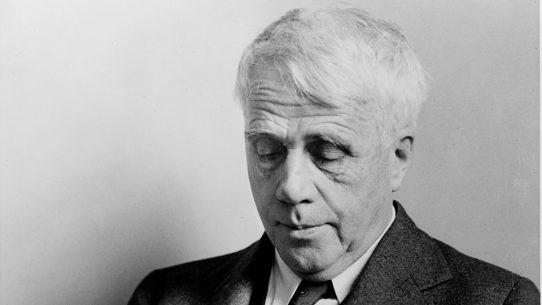Born: January 19, 1809, Boston, Massachusetts, United States
Died: October 7, 1849, Baltimore, Maryland, United States
Nationality: American
Literary Period/Movement: American Romanticism, Gothic Literature
Edgar Allan Poe (1809–1849) was an American poet, short story writer, and literary critic whose haunting works of beauty and despair defined the Gothic movement in American literature. Known for his musical verse and psychological insight, Poe remains one of the most influential voices in poetry and modern storytelling.
Early Life and Education
Poe was born in Boston to traveling actors David and Elizabeth Poe. His father abandoned the family, and his mother died of tuberculosis when he was just two years old. Orphaned, he was taken in by John and Frances Allan of Richmond, Virginia, though he was never formally adopted. His relationship with John Allan was strained, marked by financial conflict and emotional distance.
In 1826, Poe attended the University of Virginia, excelling academically but soon leaving due to debts and lack of support from his foster father. He briefly enlisted in the U.S. Army under an assumed name and later attended West Point, where he was dismissed for neglecting his duties. These years of instability would later fuel his writing with themes of loss, isolation, and yearning.
Literary Career and Major Works
Poe’s literary career began in earnest with the publication of Tamerlane and Other Poems (1827), a modest volume that hinted at his emerging talent. Over the following decades, he worked as an editor, critic, and writer, contributing to various literary magazines while producing some of the most memorable works in American literature.
In poetry, Poe achieved lasting fame with The Raven (1845), a masterful narrative poem that combined musical rhythm with psychological terror. Other notable poems, including Annabel Lee, Ulalume, and To Helen, showcase his fascination with lost love, ideal beauty, and the interplay between life and death.
Beyond poetry, Poe pioneered the short story form with tales of mystery and horror such as The Tell-Tale Heart, The Fall of the House of Usher, and The Masque of the Red Death. His detective story The Murders in the Rue Morgue introduced analytical reasoning that would later inspire modern crime fiction, including the works of Arthur Conan Doyle.
Style, Themes, and Influence
Poe’s writing is characterized by musicality, precision, and an intense focus on mood. His poems often explore themes of love, death, and the supernatural, while his stories delve into madness, guilt, and obsession. His ability to fuse lyricism with psychological realism set him apart from his contemporaries.
Poe’s influence extends far beyond American literature. His exploration of the human mind anticipated modern psychology, and his structural mastery influenced symbolist and surrealist poets across Europe. Writers such as Charles Baudelaire, Stéphane Mallarmé, and H. P. Lovecraft regarded him as a visionary whose work blurred the boundaries between the real and the imagined.
Later Life and Legacy
Poe’s later years were marked by poverty, ill health, and personal tragedy. His young wife, Virginia Clemm, died of tuberculosis in 1847, deepening his sense of despair. Despite brief periods of recognition, he struggled financially and emotionally until his mysterious death in Baltimore in 1849 at the age of forty. The exact cause remains unknown.
In the years since his death, Poe’s reputation has grown from misunderstood outsider to literary icon. He is now celebrated as a master of atmosphere and sound, a pioneer of both the horror and detective genres, and a poet who gave eternal voice to beauty and loss.
Notable Works
- The Raven (1845)
- Annabel Lee (1849)
- Ulalume (1847)
- To Helen (1831)
- The Bells (1849)
- The Fall of the House of Usher (1839)
- The Tell-Tale Heart (1843)
- The Murders in the Rue Morgue (1841)
Related Poets
Emily Dickinson, Lord Byron, Charles Baudelaire



